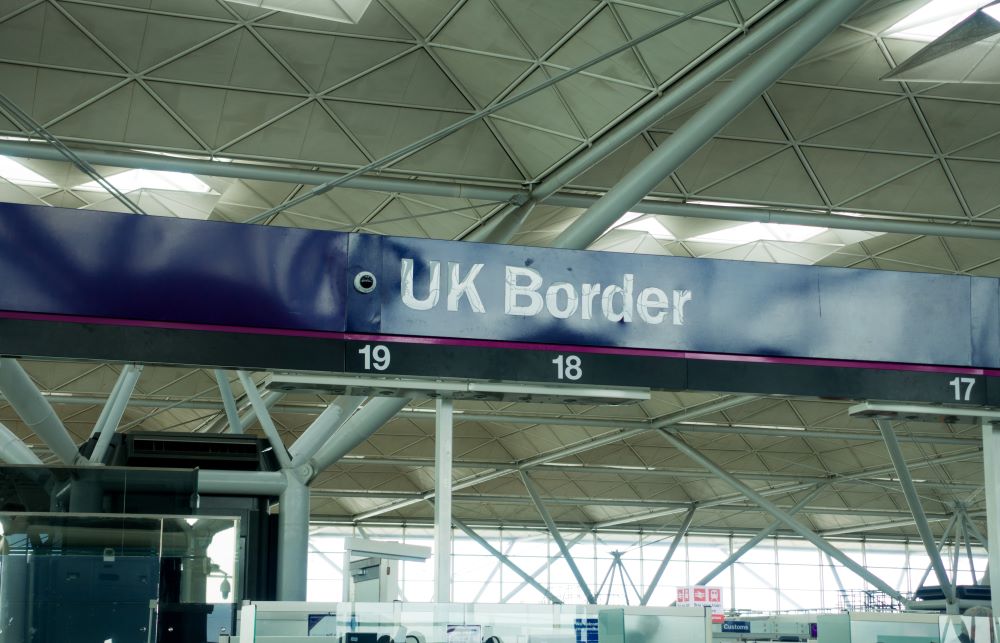
A new report has found that charges implemented under the next phase of the Border Target Operating Model (BTOM) could add £2bn in costs to businesses.
The paper from Allianz Trade, reported in the Guardian, suggests that the next phase of BTOM could add around 10% to the cost of imports and that the measures are almost equivalent to a tariff.
EU firms exporting to the UK are likely to pass the additional costs on to consumers, the report adds.
Government predictions published in October 2023 found that the additional cost to business of the changes would be around £330m.
Weekly shop
The UK’s inflation rate, which has been on the decline in recent months, could also be affected.
The items affected by the new measures account for 6% of the goods included in the average shopping basket that’s used to calculate the country’s inflation rate.
Tariff suspension
Allianz Trade notes, however, that any upward pressure will be mitigated by the government’s announcement today – reported in Reuters – that it will be suspending tariffs on more than 100 items until June 2026.
The government is implementing 126 new tariff suspensions on goods that aren’t produced in sufficient quantities within the UK, with a further 11 existing suspensions being extended.
Analysis from Allianz Trade suggests this could reduce inflation by 0.6% and could cut import costs by around £7bn.
Trade policy minister Greg Hands said of the charges that “from automotives to food and drink, we're helping businesses to reduce import costs and remain competitive”.
Meat and dairy
The Telegraph, meanwhile, highlights a few of the goods likely to be affected by BTOM charges, noting that consumers are likely to face increased prices for French cheeses and Italian olive oil.
A total of 8% of EU imports to the UK could be affected, including meat, diary products and plants.
Common User Charge
The new measures enter force on 30 April, when the Common User Charge will be applied for firms importing to the UK through the Port of Dover or Eurotunnel, whether or not they are stopped for checks at the border control post (BCP). Businesses could face charges of up to £145 per consignment.
Both EU and non-EU sanitary and phytosanitary (SPS) goods will be subject to the charge, which Institute of Export and International Trade (IOE&IT) director general Marco Forgione said could “ultimately make the UK a less attractive nation to trade with for smaller businesses in the EU”.

